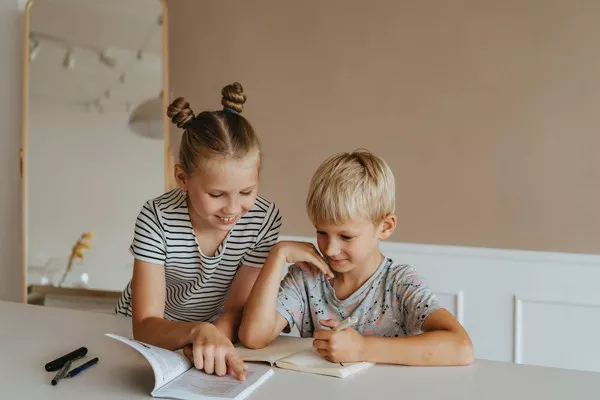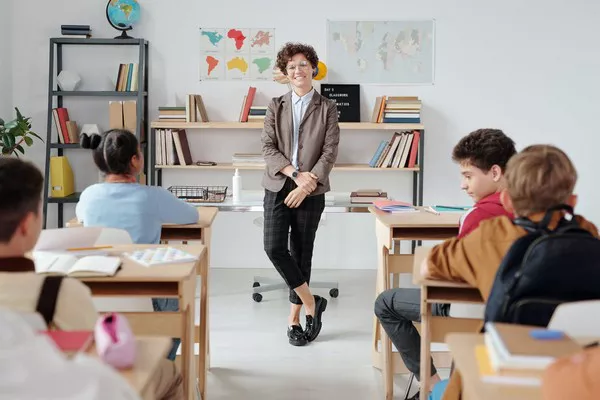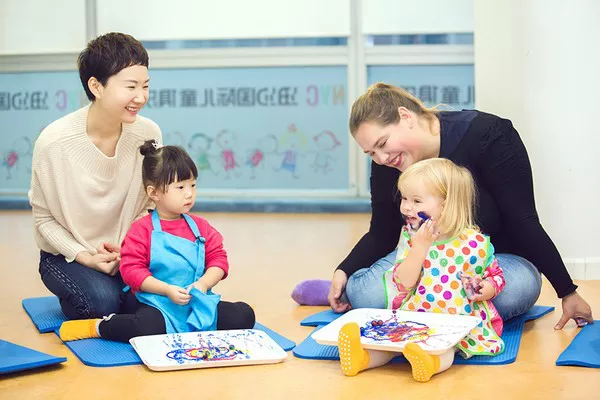Friendship is a fundamental aspect of human experience, enriching our lives with companionship, support, and shared experiences. Best friends, in particular, play a significant role in our emotional and social well-being. This article explores the dynamics of friendship, the unique bonds of best friends, and the benefits they provide to each other.
Understanding Friendship
Definition of Friendship
Friendship is a close relationship between two or more people characterized by mutual affection, trust, and support. It involves sharing interests, experiences, and emotions with someone who understands and values you.
Importance of Friendship
Friendship is essential for emotional well-being and mental health. It provides companionship, reduces loneliness, boosts happiness, and contributes to a sense of belonging and purpose.
Types of Friendships
Acquaintances: Casual relationships with people you know socially.
Close Friends: Individuals with whom you share a deeper emotional bond and spend significant time.
Best Friends: Those closest to you, often considered family, who offer unwavering support and companionship.
What Best Friends Do for Each Other
1. Emotional Support
Best friends offer emotional support during challenging times. They listen non-judgmentally, provide comfort, and offer perspective on problems.
Active Listening: Paying attention and validating feelings without interruption.
Empathy: Understanding and sharing feelings, showing compassion.
2. Encouragement and Motivation
Best friends inspire and motivate each other to pursue goals and overcome obstacles. They provide encouragement and celebrate successes.
Cheerleading: Offering positive reinforcement and belief in each other’s abilities.
Setting Goals Together: Working towards common goals or supporting individual aspirations.
3. Trust and Loyalty
Trust forms the foundation of best friendships. Best friends confide in each other, keep confidences, and offer unwavering loyalty.
Confidentiality: Respecting privacy and maintaining trust.
Reliability: Being dependable and there in times of need.
4. Shared Experiences
Best friends create lasting memories through shared experiences and adventures. These shared moments strengthen bonds and deepen emotional connection.
Shared Hobbies: Engaging in activities both enjoy, fostering camaraderie.
Travel and Exploration: Exploring new places and cultures together.
5. Honest Feedback
Best friends provide constructive criticism and honest feedback to help each other grow personally and professionally.
Constructive Criticism: Offering feedback with care and respect.
Supportive Challenges: Encouraging personal growth and self-improvement.
6. Laughter and Fun
Best friends bring joy and laughter into each other’s lives. They share humor, inside jokes, and lighthearted moments.
Humor: Finding amusement in everyday situations, sharing laughter.
Creating Joyful Memories: Making each other smile and enjoying the moment.
7. Moral Support
During tough decisions or ethical dilemmas, best friends offer moral support and guidance, helping each other make thoughtful choices.
Values Alignment: Sharing similar values and principles.
Encouraging Integrity: Upholding honesty and ethical behavior.
8. Acceptance and Non-Judgment
Best friends accept each other for who they are, flaws and all. They provide a safe space for vulnerability and authenticity.
Unconditional Love: Loving each other without conditions.
Celebrating Uniqueness: Embracing individuality and differences.
9. Crisis Support
In times of crisis or tragedy, best friends offer immediate support, practical help, and a shoulder to lean on.
Emergency Assistance: Providing practical help during emergencies.
Emotional Stability: Offering comfort and stability during crises.
See Also: How to Get Closer to Your Partner?
10. Long-Term Friendship
Best friends maintain long-lasting relationships through life’s changes and challenges. They adapt and grow together over time.
Adaptability: Adjusting to life transitions and evolving circumstances.
Lifetime Bonds: Sustaining friendship through distance and time.
Benefits of Having Best Friends
Psychological Benefits
Reduced Stress: Friendship buffers against stress and promotes relaxation.
Improved Mood: Spending time with friends boosts happiness and emotional well-being.
Enhanced Self-Esteem: Supportive friendships reinforce positive self-perception.
Social Benefits
Sense of Belonging: Friendship provides a sense of community and belonging.
Expanded Social Network: Friends introduce new perspectives and connections.
Physical Benefits
Healthier Lifestyle: Friends encourage healthy habits and discourage risky behaviors.
Longevity: Strong social connections are linked to longer life expectancy.
FAQs About Best Friends
1. How do you define a best friend?
A best friend is someone with whom you share a deep emotional bond, trust, and mutual support. They understand you on a profound level and enrich your life with companionship and loyalty.
2. What are the signs of a strong friendship?
Signs of a strong friendship include mutual respect, trust, open communication, shared interests, and a willingness to support each other through thick and thin.
3. How do best friends influence each other?
Best friends influence each other positively by providing emotional support, encouragement, honest feedback, and shared experiences. They inspire personal growth and foster a sense of belonging.
4. How can you maintain a best friendship over time?
Maintaining a best friendship requires regular communication, mutual effort, understanding, and adaptability. It’s important to prioritize the relationship and stay connected despite life’s challenges.
5. Can friendships change over time?
Yes, friendships can evolve over time due to life circumstances, personal growth, or changing interests. Some friendships may grow stronger, while others may naturally drift apart.
Conclusion
In conclusion, best friends are invaluable treasures who enrich our lives with love, support, laughter, and shared experiences. Through mutual trust, loyalty, and understanding, best friends create lasting bonds that withstand the tests of time and adversity. Nurturing these relationships contributes to emotional well-being, personal growth, and a sense of belonging in a dynamic and ever-changing world.
Related topics:





























